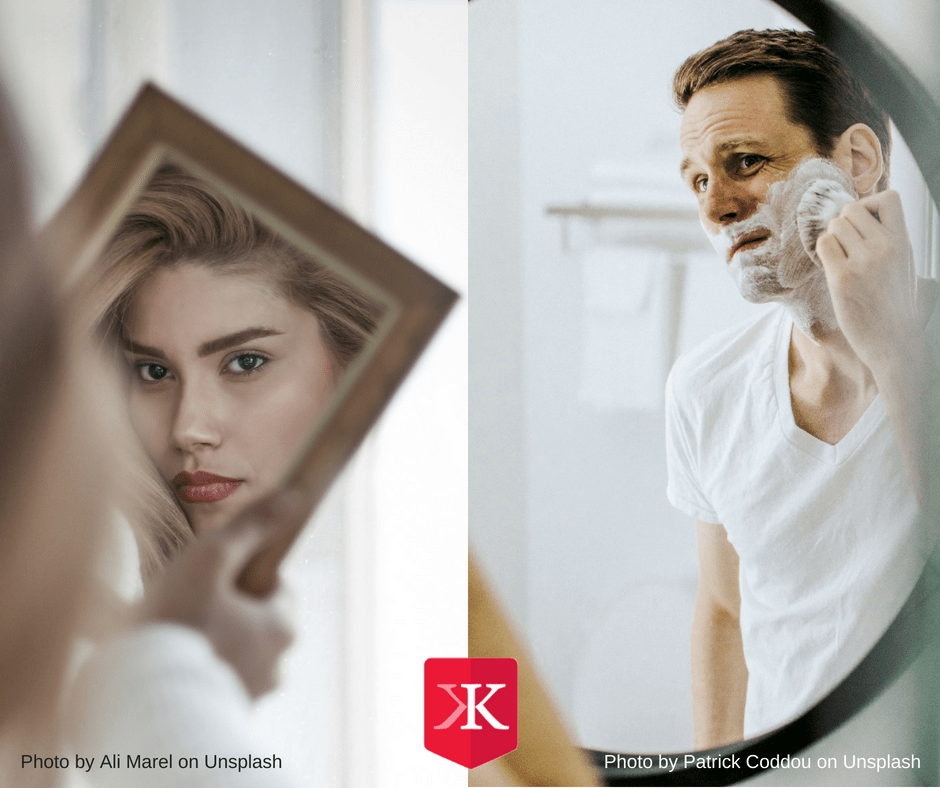Online daters beware: more options in the dating pool is not always better. While dating sites continue to boast unrealistic percentages of “success,” recent studies suggest the long-term effects of meeting online are actually detrimental to relationships.
Aditi Paul, a PhD candidate at Michigan State University, reviewed answers from 2,923 respondents included in a longitudinal Stanford University study titled, “How Couples Meet and Stay Together.” Paul’s research compared rates of separation and marriage for couples who met online versus those who met offline.
According to Paul’s research, 32 percent of unmarried couples broke up during the length of the study compared to 23 percent of offline couples. The trend continued among married couples; a whopping 8 percent of married couples who met online separated or divorced during the study, while only 2 percent of offline couples parted ways.
The most astounding differences, however, were in the statistics related to marriage. While many people claim they turned to online dating for a lasting relationship, only 32 percent of online daters actually reported relationships that resulted in marriage. This number doesn’t seem too bad until you compare it with the whopping 67 percent of people who got married after meeting their partners offline. Simply put: if you want a fling, go ahead and create an online dating profile. If you want a lasting relationship that is, as this study found, 35 percent more likely to result in marriage, matchmaking is probably the choice for you.
Paul believes this discrepancy is due to the massive dating pool available online. While not every match is right for you, pages and pages of potential dates can fool people into believing the “next best thing” is always right around the corner – even if they have already met someone fantastic. This is the fatal flaw with online dating. Couples are not matched based on compatibility – it’s a guessing game everyone is forced to play.
Another study of 1,000 people conducted by Euro RSCG Worldwide discovered lying is also prevalent in online dating profiles, which compounds the problem of judging compatibility online. Catalina Toma from the University of Wisconsin-Madison partnered with Jeffrey Hancock from Cornell University to discover the truth.
People with shorter profiles were much more likely to include dishonest information or attempt to mislead dates. “The less they write, the fewer untrue things they may have to remember and support later,” said Toma.
The most common online lies have to do with physical appearance; weight and height were popular culprits. Online dating is an unreliable platform
Online dating doesn’t come with background checks or compatibility comparisons, and certainly no measure of the chemistry you might have with a potential date. Our matchmaking services don’t put stock in dating algorithms because we know love is a human emotion. Computers simply can’t convey the depth that is required for a real connection.
There are many situations where more is better, but your love life is not one of them. Our matchmakers offer something the other guys don’t: quality. Our dates are pre-screened by a real, live human trained in the art of matchmaking.
Get more out of your dating experience and find that one-in-a-million connection you’ve been looking for. Complete our contact form and start the process today.


